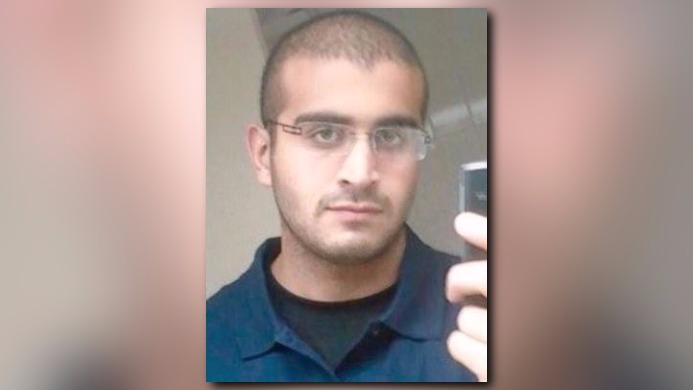The Orlando nightclub killer's name once appeared on a watch list for suspected terrorists, authorities say, yet he still managed to legally buy guns and execute a mass shooting.
The FBI investigated Orlando gunman Omar Mateen for 10 months after the contract security guard told co-workers he had family connections to Al Qaeda and
“He was watch-listed with the opening of the preliminary investigation and he was removed when the investigation was closed," FBI Director
So what does it mean to be among the 1 million names the government keeps in an effort to track terrorists and prevent attacks? Who gets on the list and how do they get off of it? The lists have been controversial and the subject of lawsuits by people who are targeted and find it difficult to challenge why are on a list.
What is the watch list?
The
From that list, the FBI distills an unclassified Terrorist Screening Database that doesn’t include the derogatory intelligence information about the people. The federal government nominated 1,558,710 people to the database from 2009 through 2013, and accepted all but 14,183, according to government data mentioned in a pending lawsuit about one of the lists.
From the FBI’s database, the
How are the lists used?
The Transportation Security Administration checks the names of all airline passengers at least 72 hours before a flight against the no-fly and selectee lists, and against the
Travelers denied boarding because of the no-fly list aren’t told why they were rejected. Occasionally travelers are rejected because their name and birth date are similar to someone else in the database.
How does a traveler challenge a listing?
Under a 2007 law, the
This system, however, focuses on people mistakenly placed on a list. Some travelers denied boarding have filed lawsuits challenging the decisions and asking for information about how they were chosen. But the government has refused to disclose information about why a traveler was included, for fear the revelations will divulge national security secrets.
Is the no-fly list still controversial?
Travelers have challenged the no-fly list repeatedly, with some long-running cases still pending. The plaintiffs contend the list violates their constitutional right to travel under the Fifth Amendment provision against depriving a person’s “life, liberty or property without due process of law.” The cases contend that even U.S. citizens have no way to challenge their inclusion on the no-fly list because they are only told generally that the placement resulted from undisclosed intelligence and surveillance.
Government lawyers replying for Attorney General


